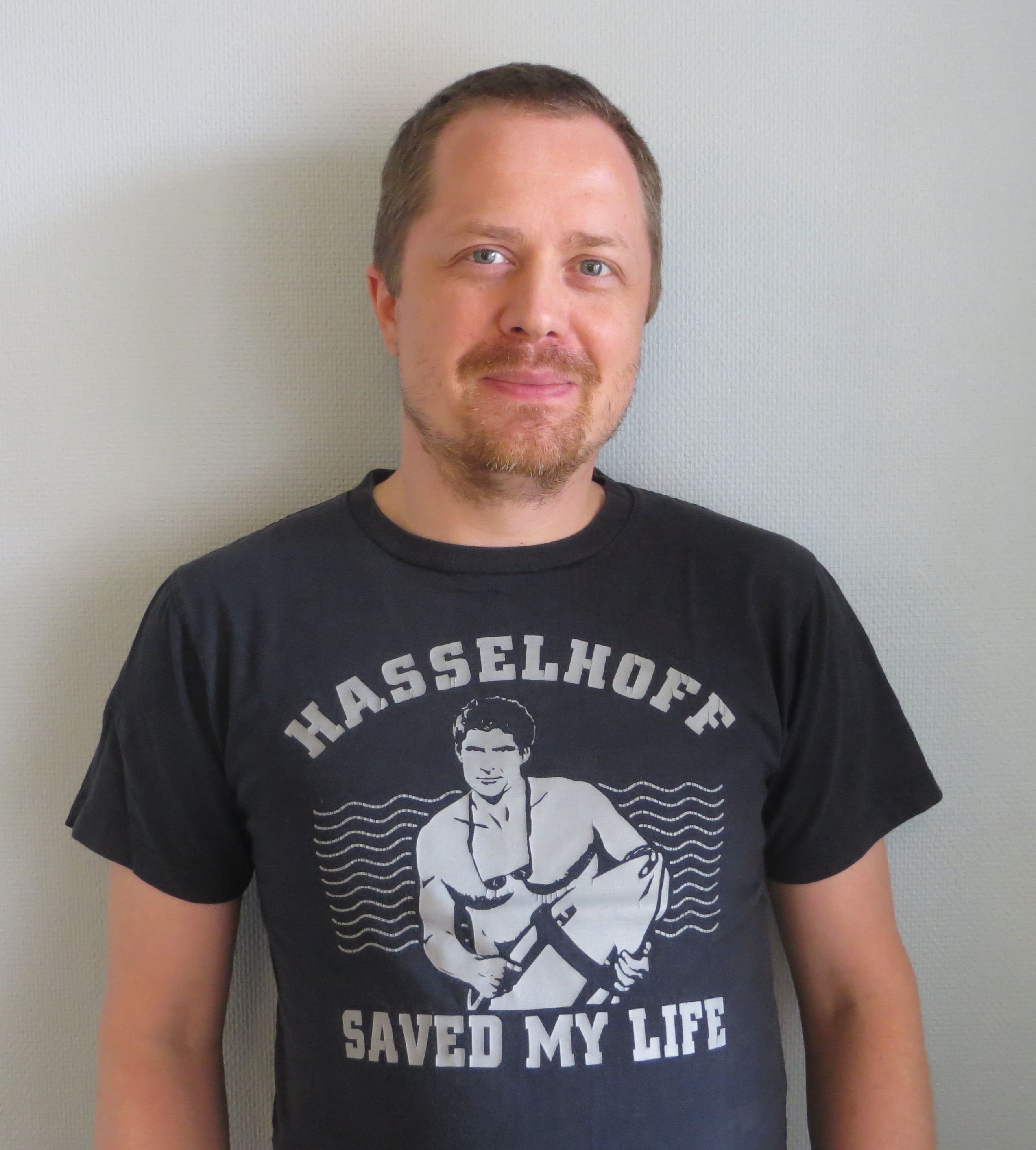ZTF Faces
This section features PhD students, postdocs and young faculty who are part of the global ZTF collaboration.
Steve Schulze
Researcher at the University of Stockholm, Sweden
Tell us briefly where you come from and how you set foot on your current professional path
My path has been circuitous, like for many other astronomers. I was born and raised in Halle, Germany, the hometown of the Baroque composer Georg Friedrich Händel. I studied physics at the Universities of Halle and Jena before starting my PhD in Iceland in 2009. In 2012, I moved to Chile and continued my grand tour with a stop in Israel (2016-2020). Currently, I am a researcher at Stockholm University in Sweden, working with Profs. Jesper Sollerman and Ariel Goobar. Besides the fantastic scientific opportunities each of these positions have offered, living in different countries has been a lifelong dream. It has allowed me to experience different cultures and to get to know people from all around the world.
My research focusses on i) catching supernovae (SNe) shortly after their explosions to determine their progenitor properties, ii) studying the slowest evolving superluminous supernovae (SLSNe) to unravel their enigmatic energy sources, and iii) examining the host properties of the largest and most complete sample of SNe to draw conclusions on the environmental conditions of SNe. I combine these themes to improve our understanding of massive star formation through cosmic time. In ZTF in particular, I am currently one of the coordinators of the working group "Physics of Supernovae and Relativistic Explosions".
How does ZTF enable your research goals?
To achieve my research goals, I need a high cadence, synoptic, medium-deep, multi-band SN survey. Only ZTF offers all that, and, in addition, it has dedicated spectroscopic resources for classifying transients. This makes ZTF essential for my daily work.
What's your most scientifically exciting work?
My last paper focussed on the host galaxies of almost 900 core-collapse SNe of 12 different SN classes from ZTF's predecessor, the Palomar Transient Factory (Schulze et al. 2021, ApJS, 225, 29). It is the largest systematic study of SN host galaxies from a single survey. Our aims were to measure the host properties, such as galaxy masses and star-formation rates, and draw conclusions on whether certain SN classes prefer galaxies with special properties, which have implications for their progenitor systems.
For this project, I developed a framework that allows me to work with very large data sets. In addition, this framework has enabled me to contribute to many other papers that discuss the host properties of SNe and other transients.
What are your future scientific aspirations?
Currently, I am applying for faculty positions. Since ZTF began its science operations, the field of SNe has evolved rapidly from studying individual objects and small samples to samples containing hundreds of objects. In the coming years, we will experience another transformation. With the start of the 10-year Legacy Survey of Space and Time at the Rubin Observatory in 2024 and the launch of the Euclid and Roman Space Telescopes in the mid-2020s, we will move from studying SNe in the nearby Universe to SNe in the distant (i.e., early) Universe.
Since the early Universe was less metal-enriched and metallicity has a profound impact on the evolution of massive stars, high-redshift SNe will tell us about the evolution of the properties and the progenitors of SNe. This brings us closer to answering the penultimate question "How did the Universe make its first stars?".
All this can only be accomplished together as a team. I love working in a team, in particular with people who are dedicated and passionate about SNe and data. ZTF has been very rewarding in that regard. I look forward to continuing this collaboration and hope to answer a few aspects of the penultimate question in the future.
If you were not an astronomer, what would you be?
Probably, a marine biologist. It must be fascinating to use diving robots to visit hydrothermal vents and to study how life evolved from single-celled organisms to life forms of ever-increasing complexity.
A book that shook your worldview?
That's a difficult question. I don't recall a book that shook my worldview. However, "Failure Is Not an Option" by Gene Kranz was very inspirational in highlighting the importance of leadership, teamwork, and perseverance to accomplish the impossible.
If you’ve had a bad day at work, you will….
If I have a bad day, I watch the comedies "The Man Who Knew Too Little" or "Tropic Thunder". They always cheer me up.
